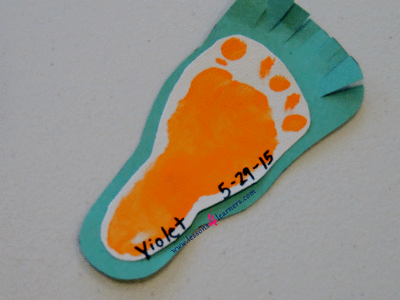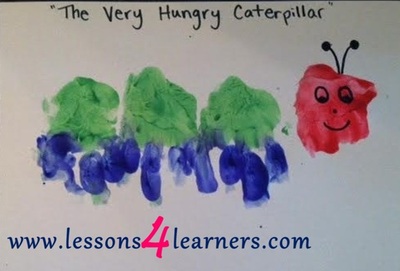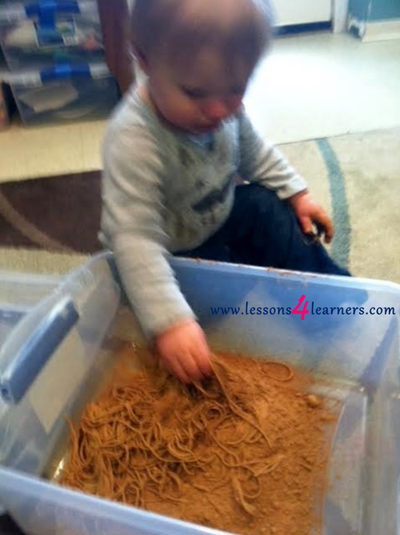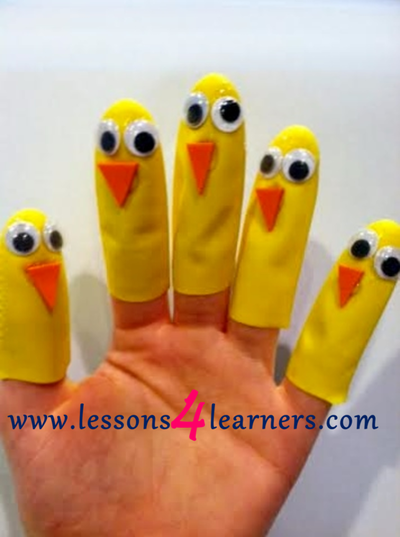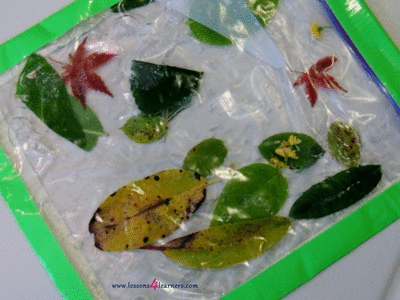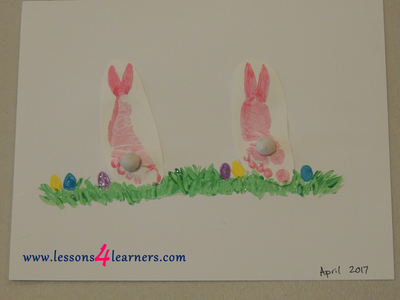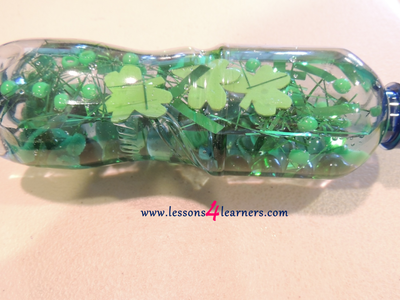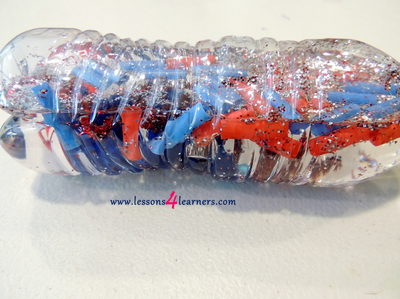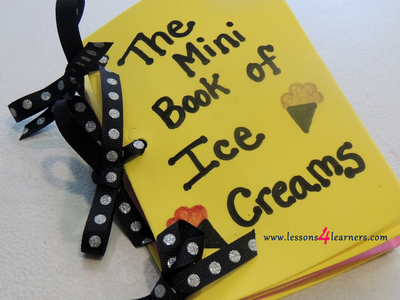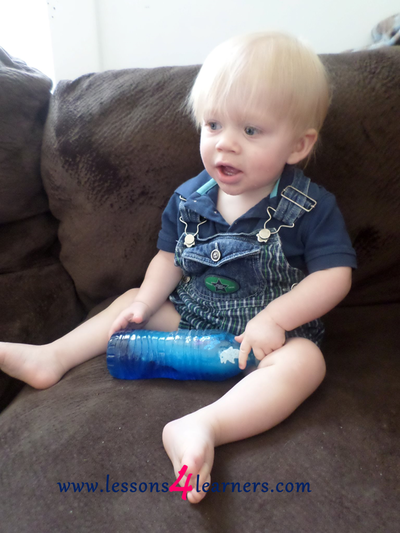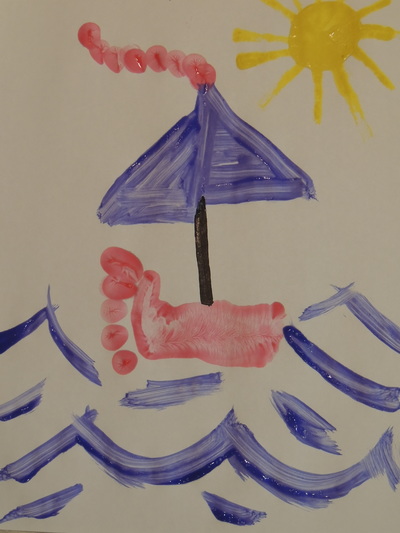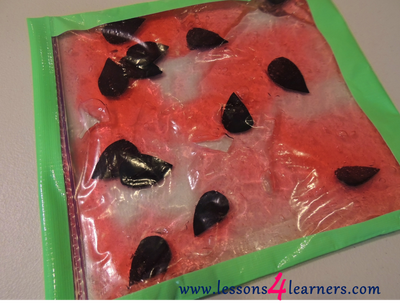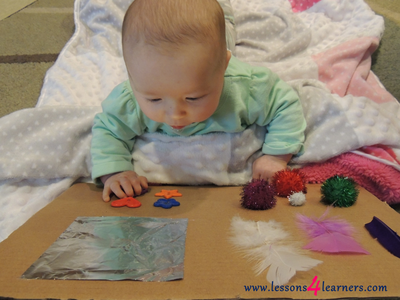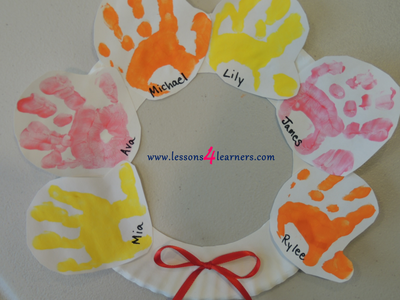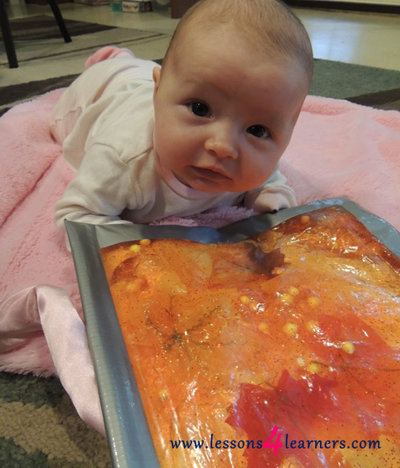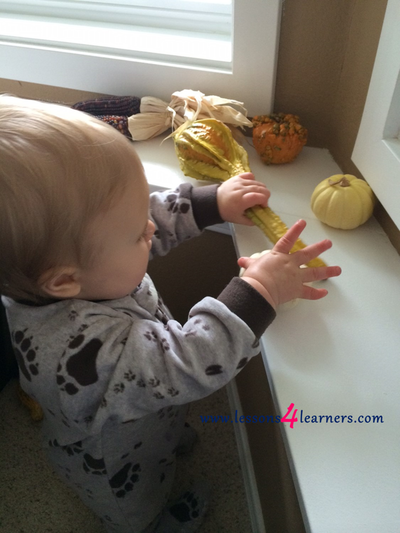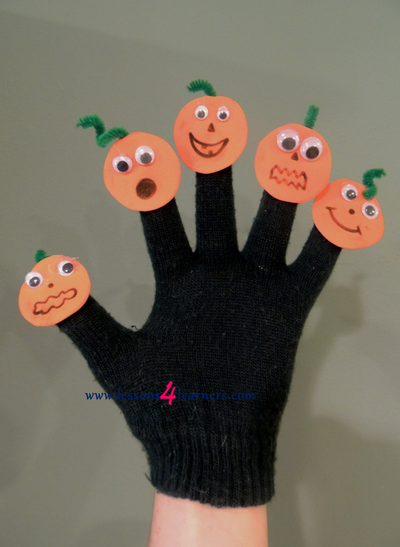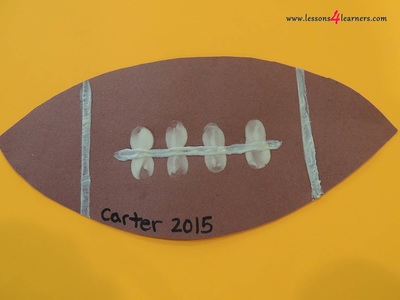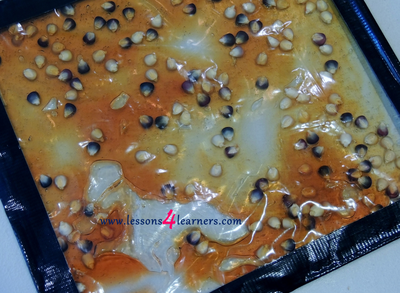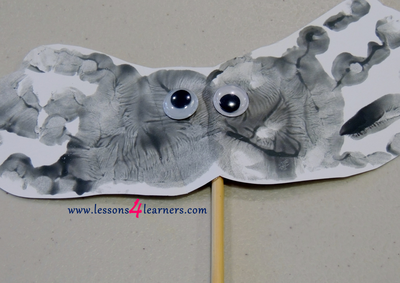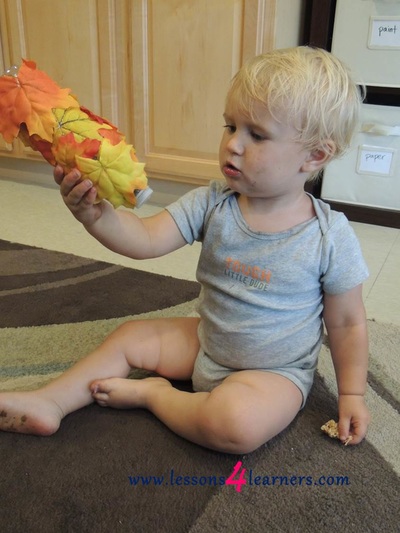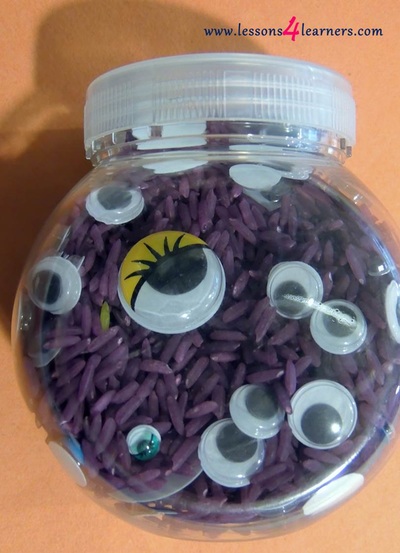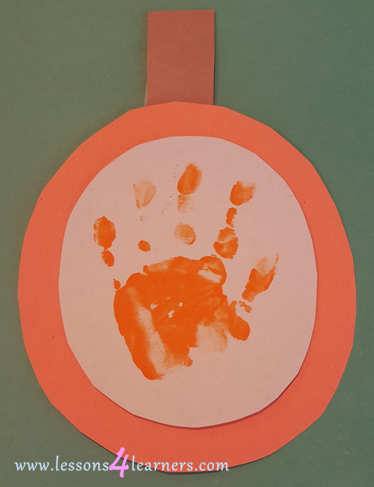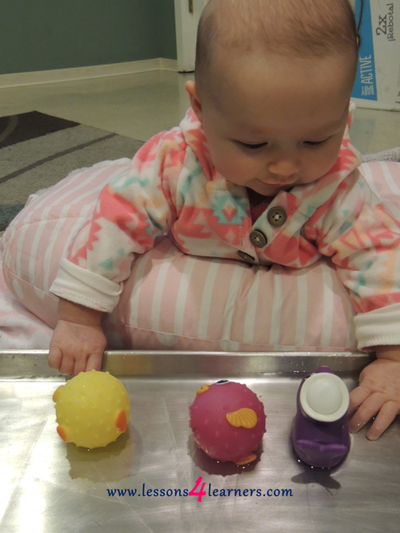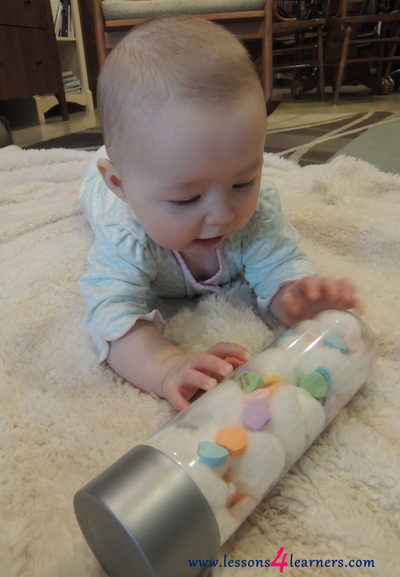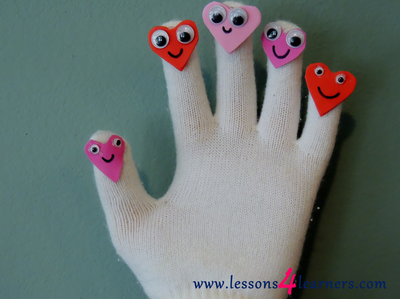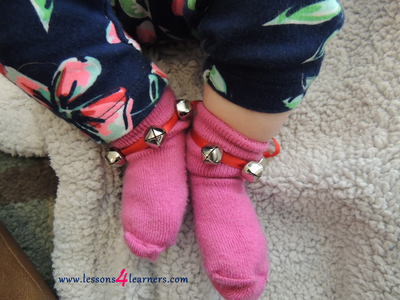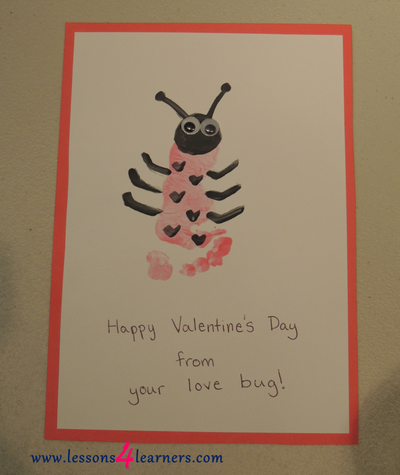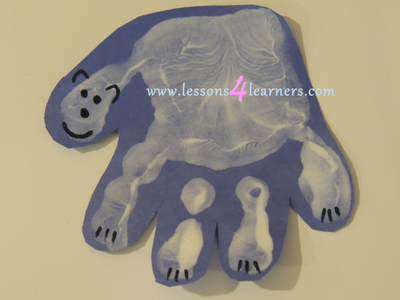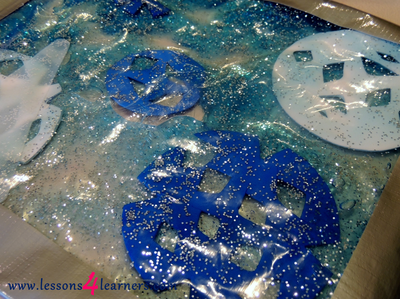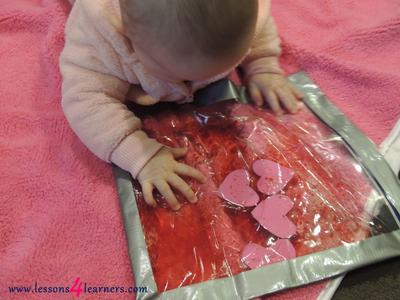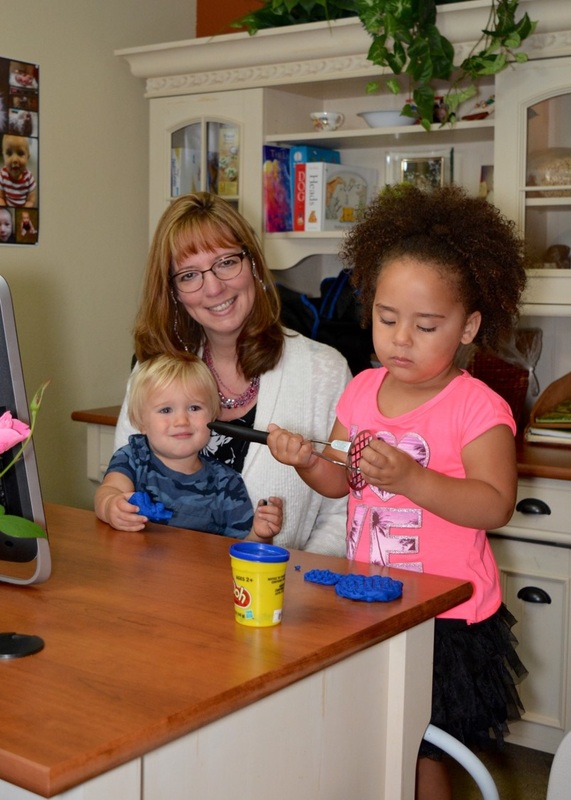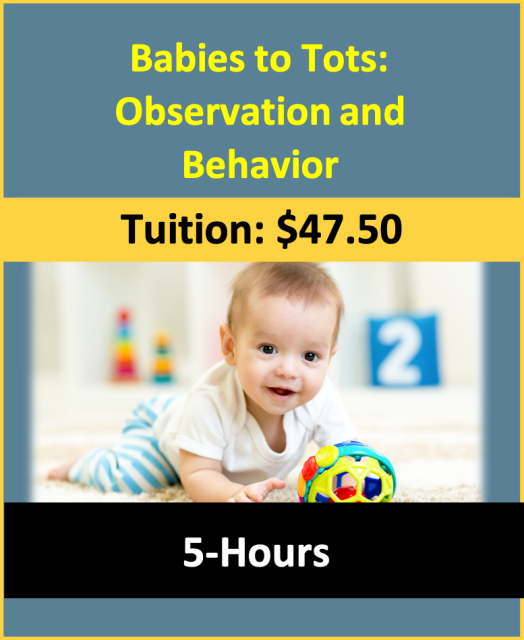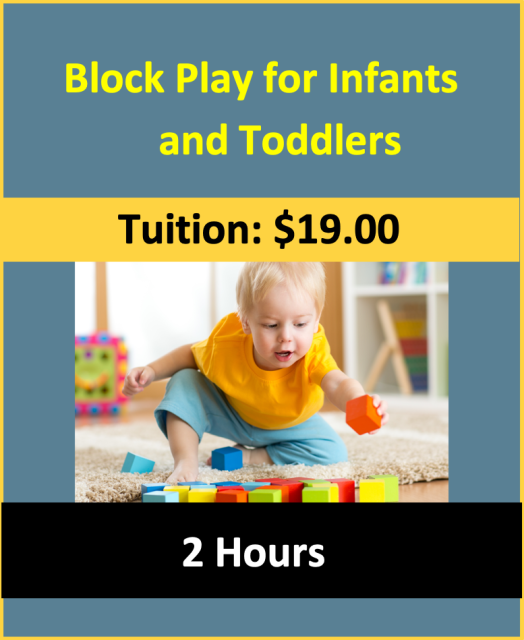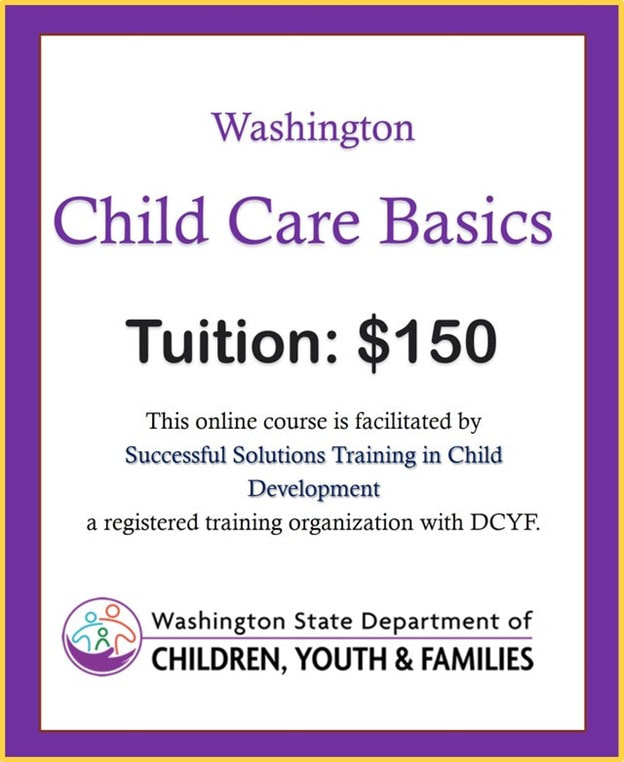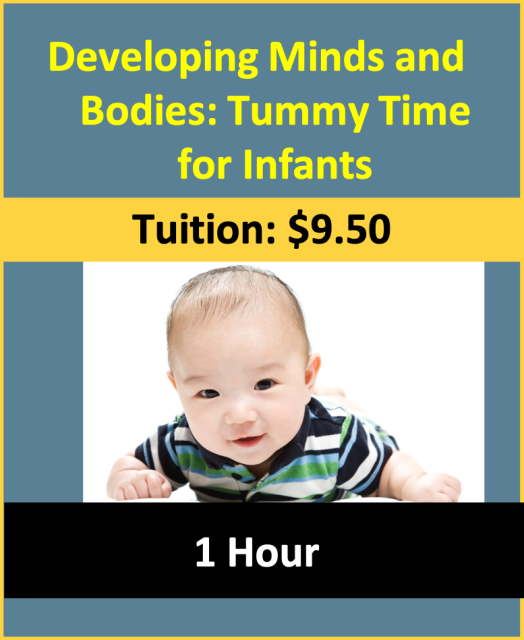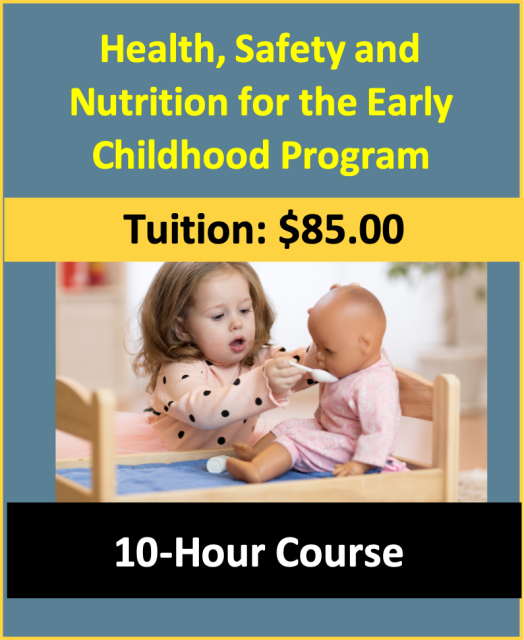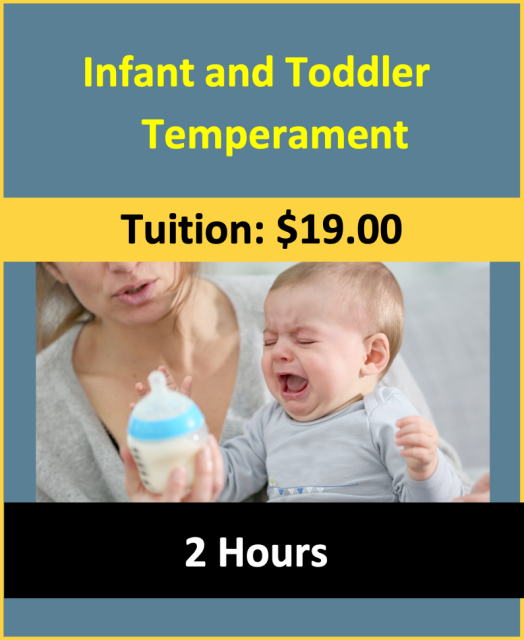Young Infant Lesson Plans by Season
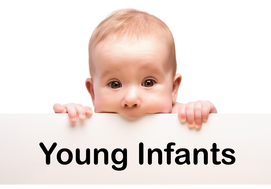
Note: Please provide appropriate supervision to the children in your care when completing all activities. You will need to decide what types of activities are safe for the children in your care. Appropriate and reasonable caution should be used when providing art and sensory experiences for children.
Infants require special caution, only use non-toxic materials, and do not allow infants to put things in their mouths that are a choking hazard.
Infants require special caution, only use non-toxic materials, and do not allow infants to put things in their mouths that are a choking hazard.
Infant Teacher Role
|
You are the most important thing in the young child’s environment!
Infants learn about the world through touch, sight, sound, taste, and smell. They learn about relationships from how people touch and hold them, and from the tones of voice and facial expressions people use when caring for them. When babies have their needs met - being fed when hungry, comforted when crying, held and touched gently, and kept warm and dry - they begin to trust the adults that care for them. As an infant teacher, you help the young child learn and grow in every developmental area just by being attentive and affectionate during routine activities such as changing diapers, going to sleep, and eating. All children need a child care setting where they can thrive with teachers who understand how to promote healthy growth and development. The best situation for a baby’s overall development is one in which he has a nurturing, supportive environment with caring and attentive adults. Children thrive when their social, emotional and physical needs are met by warm and actively loving people who hold them, talk to them, sing, read and allow them to safely explore. |
Developmentally Appropriate Curriculum for Infants
The earliest years are all about relationships. Infants and toddlers crave and develop attachments to the special people in their lives.
Depending on how parents, early childhood educators, and others treat them, babies also develop expectations about people and themselves.
Depending on how parents, early childhood educators, and others treat them, babies also develop expectations about people and themselves.
- Young infants (0 to 9 months) seek security.
- Mobile infants (8 to 18 months) are eager to explore.
- Toddlers (16 to 36 months) are working on their identity; they want to know who they are and who’s in charge.
Click on the course icon for enrollment information.
